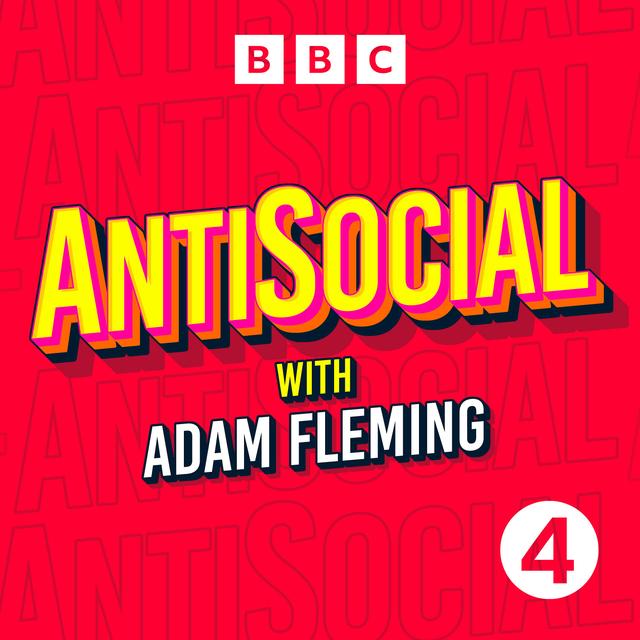
Episode description
Are counter-protests important for sending a message or can they make confrontation or violence more likely? Is marching in the street a vital expression or is it the wrong place to tackle serious issues? After riots took place outside hotels housing refugees and migrants, counter-protests were swiftly assembled in cities around the UK. They were largely peaceful, but some counter-protesters were arrested and have been charged. Can having two competing sides up the ante and make violence and disorder more likely or is it important two groups of people can be seen to be disagreeing in public? Adam Fleming hears of the history of antifascist counter-protests through history and whether they were effective. He also hears about protest crowd psychology.
Guests: Maxine Bowler, Stand up to Racism, Sheffield Andrew Trotter, who was Deputy Assistant Commissioner at the Met Police from 1998-2004 where he had overall command for demonstrations and riots.
Professor Nigel Copsey from the University of Teeside Professor Cliff Stott from Keele University who's studied the psychology of crowds
